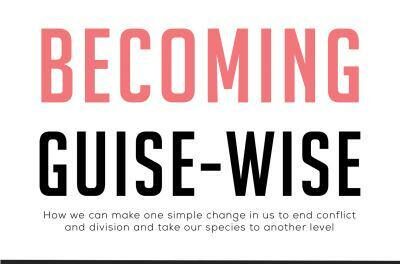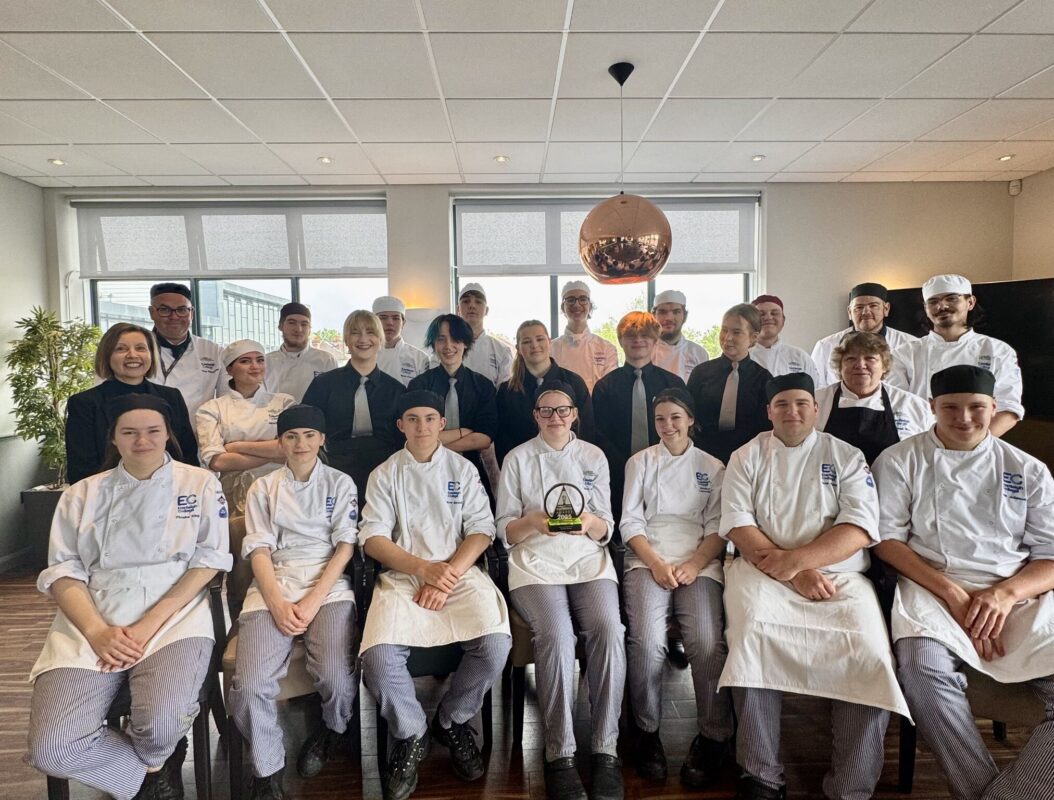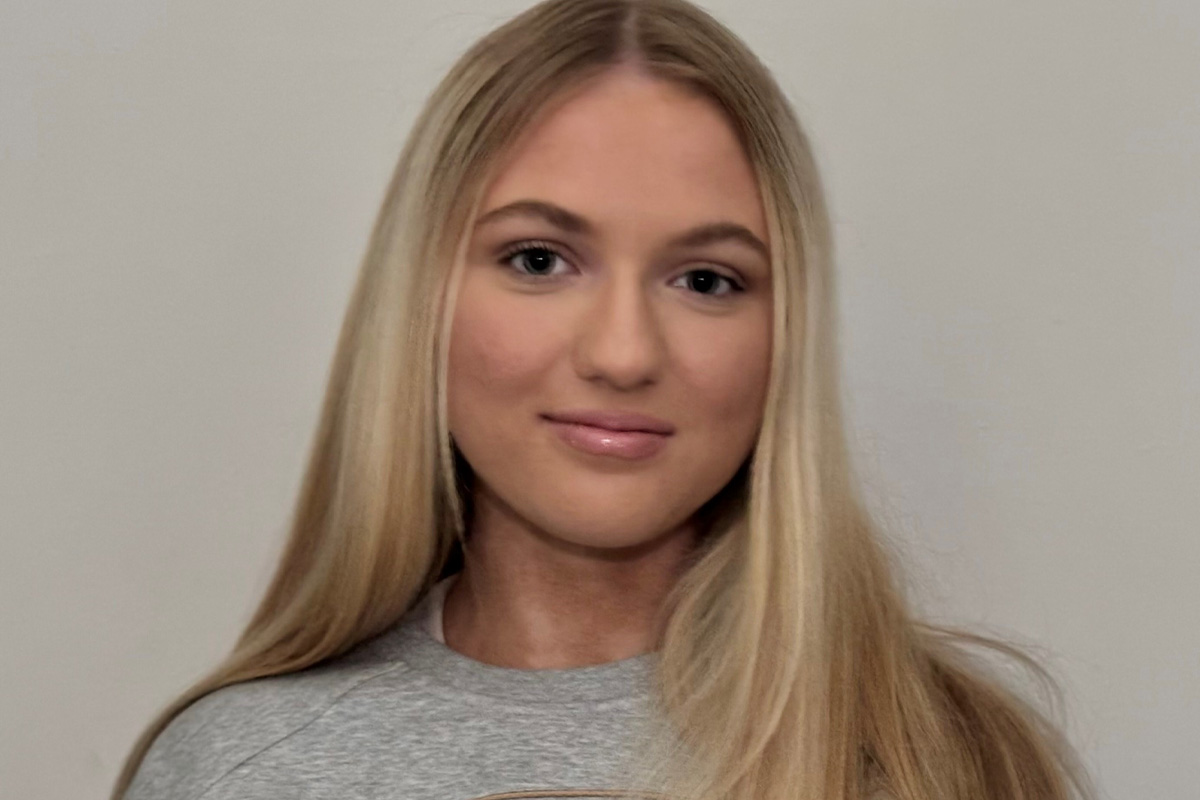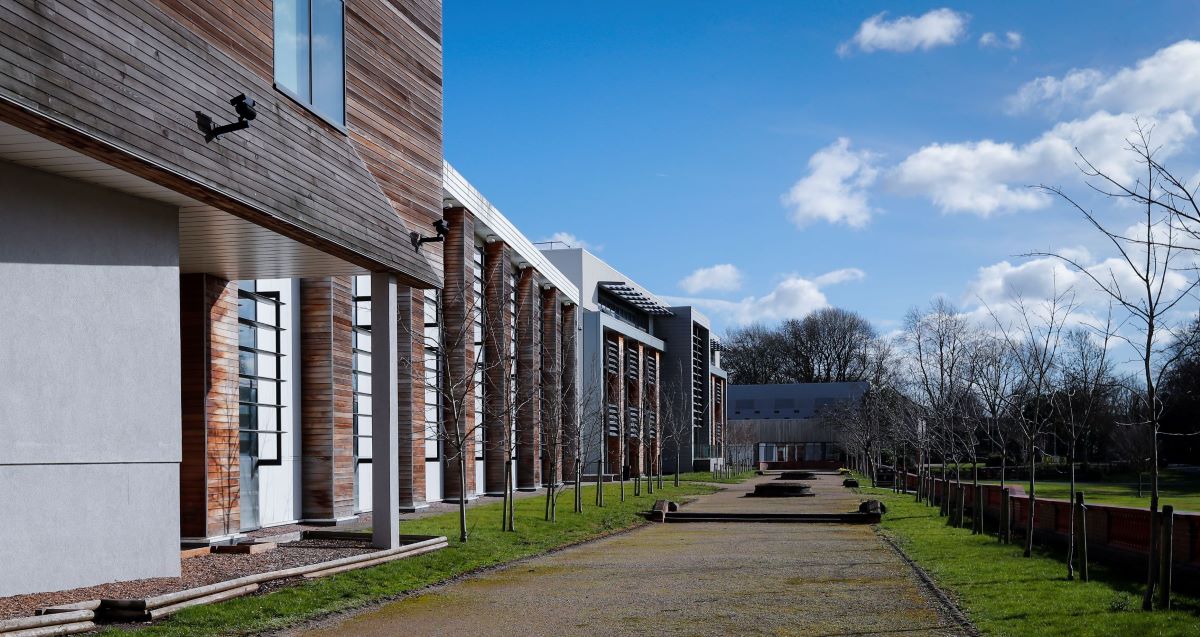“The solution is (nearly) always the same”

A student is being bullied by some of his peers. Unlike them, he dresses formally, so they call him Moggy, after Jacob Rees Mogg. There are simmering tensions between two groups of students associated with rival gangs. Their allegiances are based on post codes and head-ware. Other than that, they seem indistinguishable. The college has a strong gender equality policy, but some male students deviate from it when it comes to sexual relationships. The heads of two science subjects persistently snipe at each other for reasons others regard as petty. A collection taken for the victims of an earthquake in Chad raised very little. Resentment and indifference (“Why give to them?”) loomed larger than compassion.

Here’s a batch of issues, all variations on the themes of conflict, division, enmity and unkindness. You’d hope they wouldn’t all be prevalent in the same institution but they might be. Is there a root cause? If so, what’s the solution?
There is a root cause, and it has to do with ingrained responses to other people. The common problem is that those involved are prioritising differences, mostly minor differences, which they are magnifying. What they fail to see is that what they share with those they regard as “others” is way greater than any differences between them. Like most of us, their focus is first and foremost on differences – of dress, location, gender and other features. They may not even realise it.
Is the answer “educate better”? Is it to put out messages about diversity and/or doing less “us and them” thinking? It’s yes to both, but they aren’t the full solution. They won’t bring about lasting change. What this requires is shifting to a new default, a commonality-first response, so that habitually and automatically the focus is first and foremost on commonality rather than difference. There’s only one secure way of achieving this, particularly if there’s a lot of conditioning to undo, and that’s asking ourselves or others “What’s common?” every time there’s an opportunity to do so. This is the way to develop the capacity that I call being Guise-Wise, to acquire the wisdom to see that you are me in another guise, that they are us in another guise. It’s this that will ultimately replace conflict with harmony.
By Dr Michael Waters, author of Becoming Guise-Wise (Olympia, 2022)











Responses